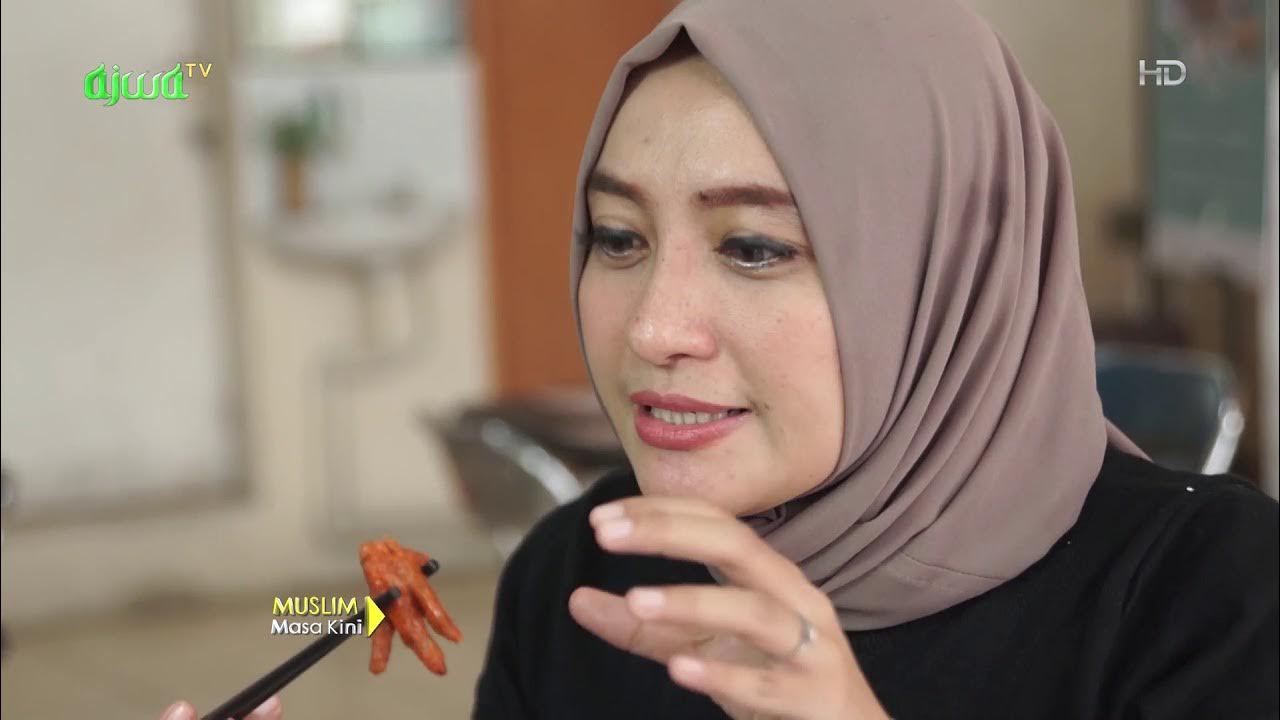Does Ḥaram Money Become Ḥalāl Via Inheritance? | Ask Shaykh YQ - EP 268 | Shaykh Yasir Qadhi
Summary
TLDRThis video addresses the complex issue of inheriting wealth that may have been acquired through Haram (forbidden) means. The speaker outlines different scholarly opinions, emphasizing that it's not the inheritor's obligation to investigate the origin of the wealth unless it's clearly Haram. The majority view is that if the wealth is known to be Haram, it should be disposed of or given in charity. A middle-ground opinion allows inheritors to keep the wealth if the Haram origin is generic, but they should still purify it through charity. The discussion balances religious caution with practical considerations.
Takeaways
- 📜 Inheritance of wealth does not obligate one to investigate its origin.
- ⚖️ If the inherited wealth is known to have been earned through clearly Haram means, the inheritor must address this issue.
- 📚 Scholars have unanimously agreed that without suspicion, inherited wealth is permissible.
- 🔍 No obligation exists to research the source of inherited wealth unless clear knowledge of its Haram origin exists.
- 🕵️ For ambiguous sources, respect the possibility that the deceased may have followed a legitimate opinion.
- 🍷 Clear-cut Haram sources, such as earnings from a liquor store or bribes, must be treated differently.
- 🛑 If inherited wealth is known to be from clear Haram sources and no repentance was made, it remains Haram for the inheritor.
- 🏛️ Majority opinion: inherited wealth from Haram sources should be given away or returned to rightful owners if known.
- 💸 The third, balanced opinion: differentiate between specific Haram (requiring restitution) and generic Haram (allowing retention with caution).
- 🙏 Inheritors should strive for piety, giving Sadaqah to purify wealth if the origin is suspected to be Haram.
Q & A
What is the main concern of the individual asking the question in the transcript?
-The individual is concerned about inheriting wealth from his father, knowing that a portion of it was earned through Haram (forbidden) means, and whether it becomes Halal (permissible) for him after inheritance.
What is the default ruling in Islam regarding inheriting wealth without knowledge of its source?
-The default ruling in Islam is that when one inherits money, they do not need to investigate the source of the money. It is assumed to be Halal unless there is a clear reason to believe otherwise.
How does the speaker differentiate between clear-cut Haram and ambiguous (gray area) Haram in the context of inheritance?
-The speaker differentiates by stating that clear-cut Haram, such as money from a liquor store, bribes, or embezzlement, is undoubtedly impermissible. In contrast, money from ambiguous sources, where scholars have differing opinions, is not as straightforward and may not necessarily be Haram.
What should a person do if they know that a portion of their inheritance was earned through clear-cut Haram means?
-If a person knows that a portion of their inheritance was earned through clear-cut Haram means, they should not take that portion. Instead, they should try to return it to the rightful owner, and if that is not possible, they should give it to charity.
What is the majority opinion among Islamic scholars regarding inheriting Haram wealth?
-The majority opinion among Islamic scholars is that inheriting Haram wealth does not make it Halal. If the money was earned through Haram means and this is known, the inheritor should not accept it as part of their inheritance.
What is the minority opinion regarding the inheritance of Haram wealth?
-The minority opinion is that the sin of acquiring Haram wealth lies with the deceased, and the inheritance process makes the wealth Halal for the inheritor. However, this view is not widely accepted among scholars.
How does the speaker suggest dealing with money that was earned through ambiguous or disputed means?
-The speaker suggests that if the money was earned through ambiguous means (where scholars have differing opinions), the inheritor is not required to reject it. However, it is better to be cautious and give some of it in charity as a precaution.
What does the third opinion mentioned in the transcript suggest about inheriting Haram wealth?
-The third opinion, which the speaker finds most reasonable, suggests differentiating between types of Haram wealth. If the wealth was unjustly taken from specific people, it should be returned. If it was generically Haram (e.g., earned through riba or bribery), the inheritor may keep it, though giving some in charity is recommended.
What is the speaker's advice for someone who wants to ensure their inherited wealth is pure?
-The speaker advises giving some of the inherited wealth in charity to purify it, especially if there is any doubt about its permissibility. This approach aligns with a cautious and pious stance.
What role does the concept of 'ijma' (consensus of scholars) play in the speaker's argument?
-The speaker mentions 'ijma' to support the default position that inheriting wealth does not require investigating its source unless there is a clear reason to believe it was earned through Haram means. The consensus of scholars holds that without suspicion, inherited wealth is assumed to be Halal.
Outlines

هذا القسم متوفر فقط للمشتركين. يرجى الترقية للوصول إلى هذه الميزة.
قم بالترقية الآنMindmap

هذا القسم متوفر فقط للمشتركين. يرجى الترقية للوصول إلى هذه الميزة.
قم بالترقية الآنKeywords

هذا القسم متوفر فقط للمشتركين. يرجى الترقية للوصول إلى هذه الميزة.
قم بالترقية الآنHighlights

هذا القسم متوفر فقط للمشتركين. يرجى الترقية للوصول إلى هذه الميزة.
قم بالترقية الآنTranscripts

هذا القسم متوفر فقط للمشتركين. يرجى الترقية للوصول إلى هذه الميزة.
قم بالترقية الآنتصفح المزيد من مقاطع الفيديو ذات الصلة

Fiqh Class 8 On Haram Food and Drink

Jualan Cuma 4 Jam, Dapat 1-7 Juta Perhari! Bisa Untuk Menghidupi 4 Anak

Makanan dan Minuman Halal dan Haram - Materi PAI Kelas 8 || Video Pembelajaran

Makanan Halal Dan Haram Serta Adab Makan Dalam Islam - Muslim Masa Kini

Hukum Syariat

Dari segi waktu (Muabbad dan Ghairu muabbad) Kel. 13
5.0 / 5 (0 votes)
